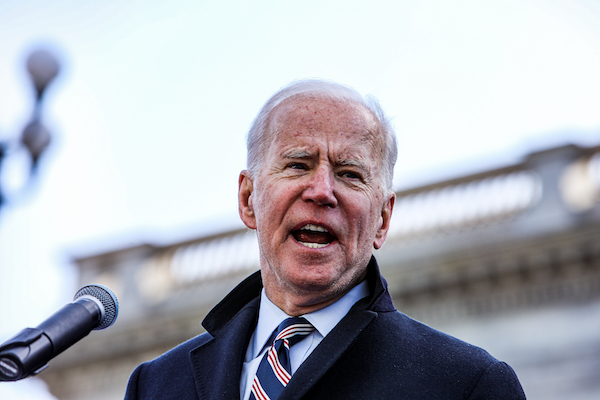Politics
JUST IN: Major SCOTUS Ruling Delivers Huge Blow To Green Energy Cult

The U.S. Supreme Court has overturned a previous halt on the construction of the Mountain Valley Pipeline (MVP). The decision has been met with optimism from those advocating for the project.
The Supreme Court’s decision effectively nullified an order from the U.S. Court of Appeals for the Fourth Circuit. The lower court had previously stopped the pipeline construction of a 3.5-mile stretch in the Jefferson National Forest in Virginia, as well as several stream crossings in West Virginia.
The pipeline, which originates from the gas fields in northwestern West Virginia and extends into interstate connections in Virginia, is considered crucial for American energy independence. It is projected to provide an additional $45 million in annual tax revenue to West Virginia and Virginia.
West Virginia Attorney General Patrick Morrisey has been vocal in his support for the Supreme Court’s decision. He emphasized the importance of the MVP to the American energy sector and the economy of West Virginia.
Morrisey stated, “The Mountain Valley Pipeline is vital to the survival of American energy independence and affects thousands of jobs in West Virginia—its completion is also critical to our national security, the urgent need is for it to be completed as soon as possible.”
However, the decision has not been without its detractors. Environmental groups, including The Wilderness Society and the Southern Environmental Law Center, have been vociferous in their opposition. They argue that the Fiscal Responsibility Act, which expedited the pipeline’s construction, infringes upon the separation of powers and is unconstitutional.
They have alleged multiple violations of environmental laws in connection with approvals by the United States Forest Service and the Bureau of Land Management. These approvals allowed the MVP to cross the Jefferson National Forest in Virginia and West Virginia.
The Supreme Court’s decision has been seen as a significant setback for these environmental groups. They have been tirelessly campaigning against the pipeline’s construction due to its potential environmental impact. The MVP is a proposed 303-mile natural gas pipeline that would cut through the Jefferson National Forest on the border of West Virginia and Virginia. The construction of this pipeline could cause irreversible damage to public lands, pollute local waterways, and expose local communities to threats from explosive leaks.
Despite the controversy surrounding the pipeline, the Supreme Court’s decision has been backed by the Biden administration, bipartisan lawmakers, and the fossil fuel industry. The pipeline is projected to transport about 2 billion cubic feet per day of natural gas from West Virginia to consumers in the Mid-Atlantic and South Atlantic. This would generate significant tax revenue and royalties for West Virginia landowners.
This ruling marks a pivotal moment in the ongoing debate between energy independence and environmental conservation. The Supreme Court, in this instance, has sided with the former. The decision sets a precedent for future cases involving similar conflicts.

